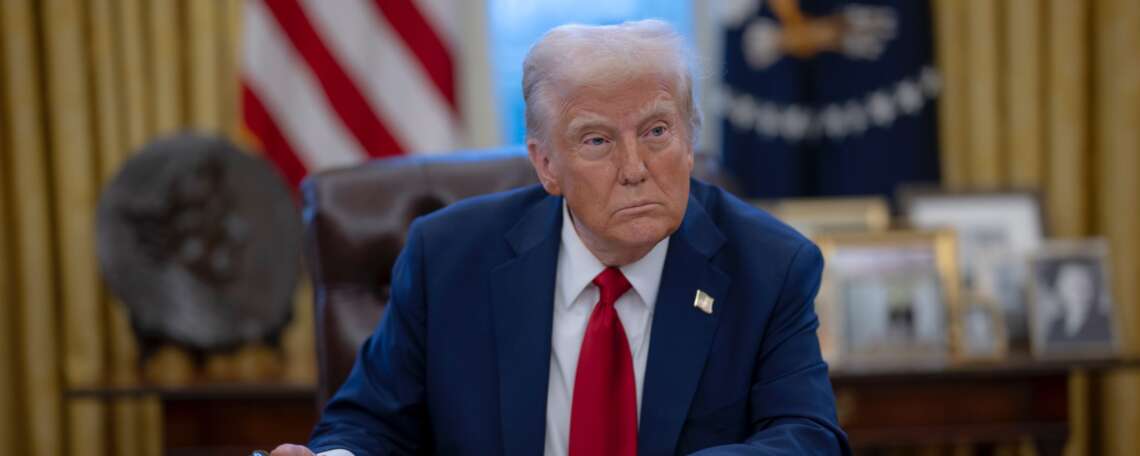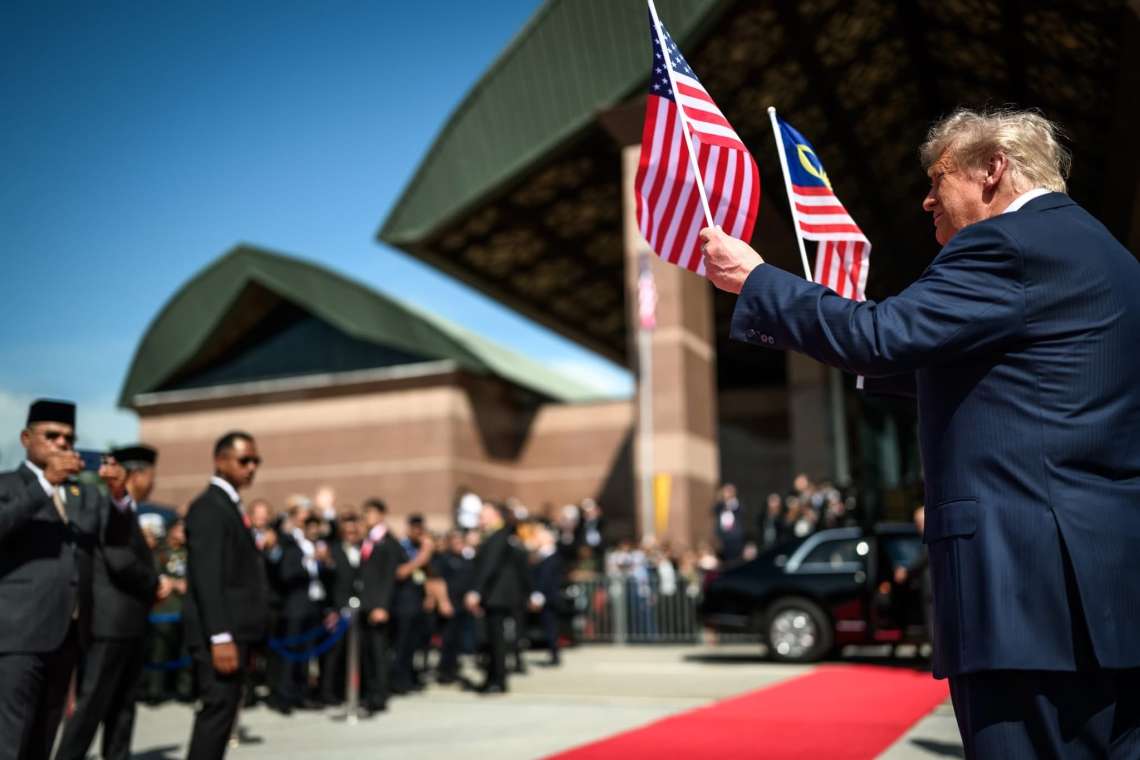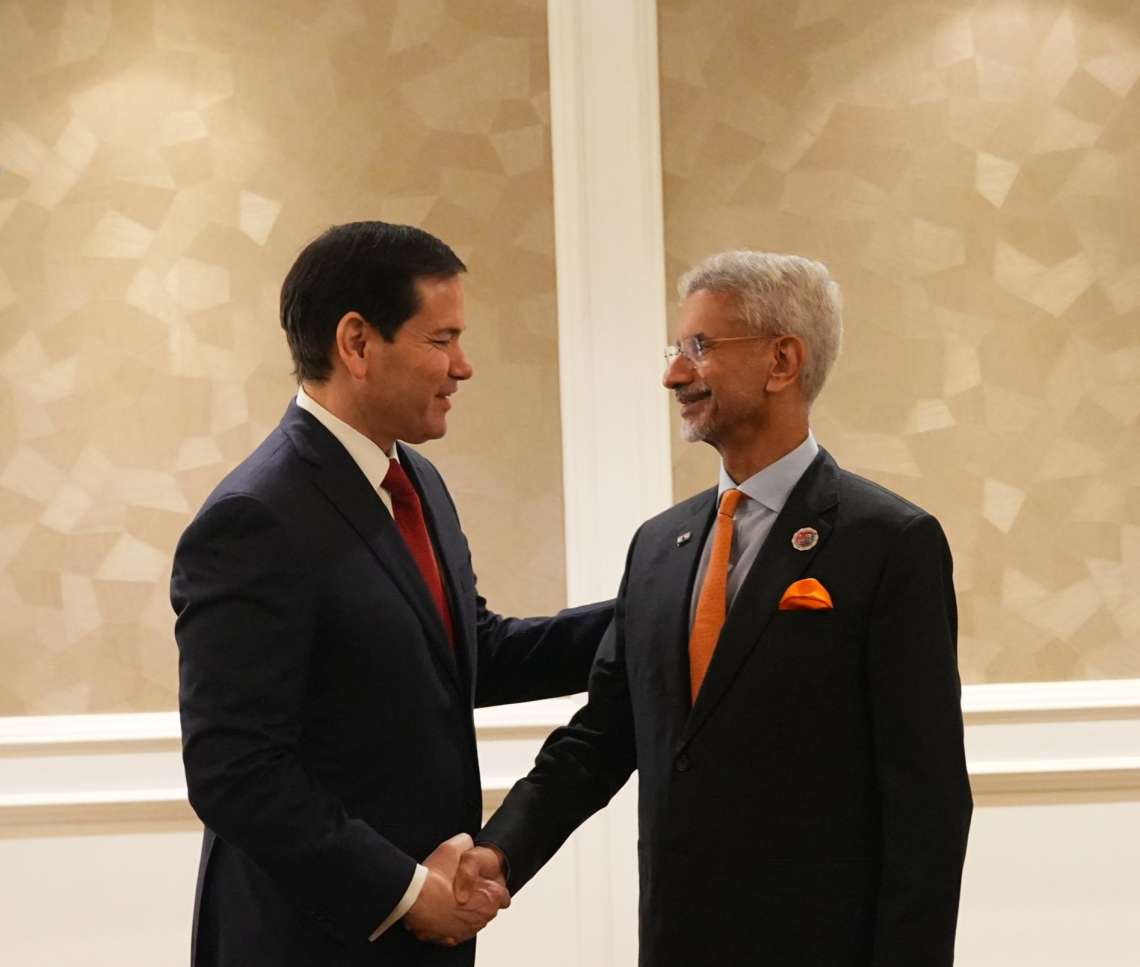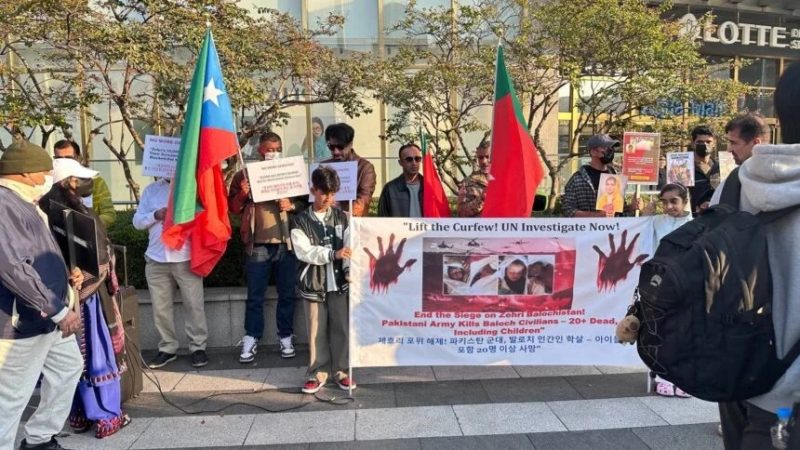Given the uncertainty surrounding US President Donald Trump’s shifting policies, China aims to “instill doubt in the Taiwanese populace about the US and foster animosity toward Trump….reports Asian Lite News
China is intensifying its cognitive warfare efforts against Taiwan, as its United Front Work Department establishes a dedicated misinformation unit, according to a post by Taipei Times.
Currently, China is conducting the National People’s Congress and the Chinese People’s Political Consultative Conference, which is an annual assembly of the Chinese government known as the “two sessions,” as reported by Taipei Times.
Shi Taifeng, the head of the United Front Work Department, has gathered a specialised task force focused on disseminating misinformation regarding the situations in Ukraine and Taiwan’s semiconductor investments in the US, as revealed by a national security source speaking on the condition of anonymity.
This wave of misinformation is a primary concern for Beijing, the source relayed Shi’s comments made during the “two sessions,” as noted by Taipei Times.

Given the uncertainty surrounding US President Donald Trump’s shifting policies, China aims to “instill doubt in the Taiwanese populace about the US and foster animosity toward Trump, while ensuring that divisions within Taiwan remain significant and enduring,” the source stated, as reported by Taipei Times.
The objective of this operation is to “ensure that no one in Taiwan trusts the United States,” and it called for all government entities to engage and “consider this a legitimate battle.”
This fresh wave of cognitive warfare intends to propagate narratives suggesting that Trump seeks to betray Taiwan, that the Taiwan Semiconductor Manufacturing Company will become American, and that Taiwan will ultimately succumb to China, the source indicated.
These narratives are intended to be disseminated quickly via Chinese state media, social media platforms, and a network of fake profiles and supportive media outlets within Taiwan, they mentioned. National security agencies have already observed dubious accounts promoting this misinformation in recent days, the source added, as reported by Taipei Times.
China’s Ministry of State Security has suggested taking advantage of the internal disagreements concerning Trump in Taiwan to exacerbate internal strife, another national security official mentioned.
It also recommended transmitting Taiwanese criticisms of Trump on X and other English-language social media to create the illusion that the Taiwanese are antagonizing him, thus sowing discord in Taiwan-US relations, the official noted, as per the Taipei Times report.
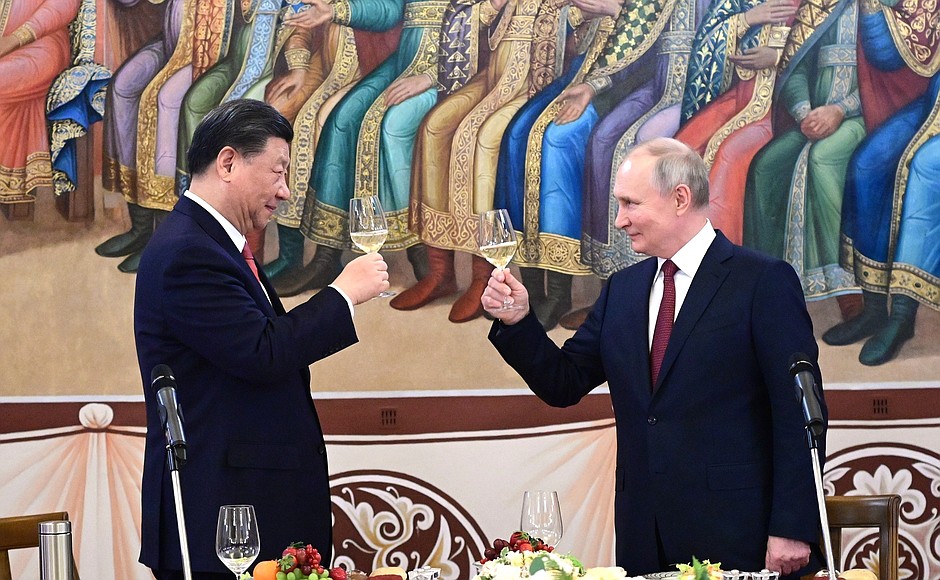
True winners – Moscow and Beijing
The United States’ global standing has reached a new low following President Donald Trump and Vice-President JD Vance’s public rebuke of Ukrainian President Volodymyr Zelenskyy. The move has strengthened Russia and China, reinforcing their geopolitical ambitions.
On the same day as Trump’s criticism of Zelenskyy, Russian Security Council Secretary Sergei Shoigu met Xi Jinping in Beijing. Chinese state media described their ties as reaching an “unprecedented high,” with Xi reaffirming China and Russia’s “ironclad friendship.” China has shown no intent to mediate peace in Ukraine but is deepening its alignment with Moscow.
Trump’s actions are rapidly eroding transatlantic cooperation, placing NATO’s future in jeopardy. His administration has embraced Russia while sidelining long-standing allies, undermining international norms, and replacing diplomacy with transactional deals. His stance on Ukraine mirrors rhetoric from Moscow and Beijing, raising concerns that Taiwan could face a similar fate.
Analysts warn that Trump’s alignment with Putin signals a shift in global power, leaving Europe and Asia uncertain about American commitments. As China strengthens its military posturing, Trump’s erratic policies risk destabilising international security. The only clear beneficiaries are Russia and China, while US allies brace for uncertain times ahead.


